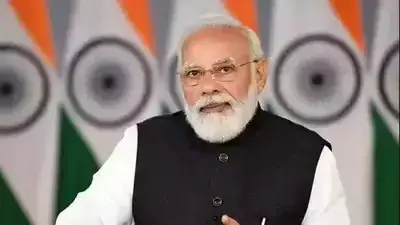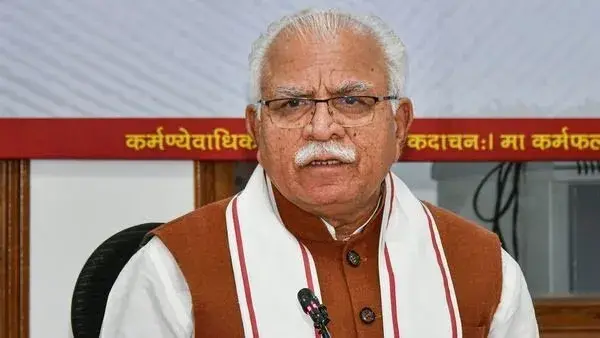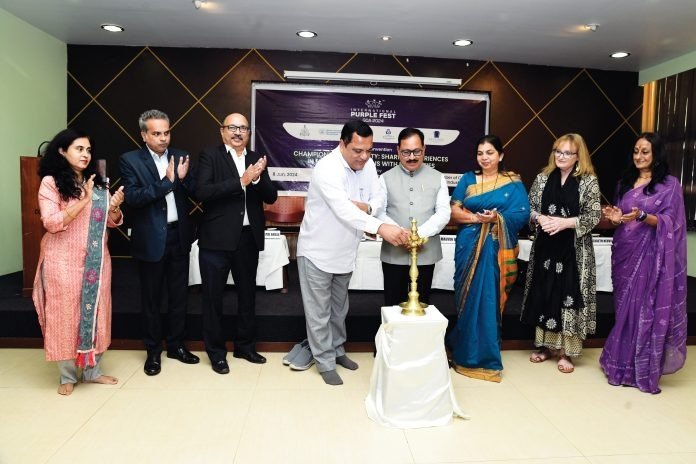Dr. M.V.V. Prasada Rao, Educationist & Advisor, Schools, Retd Director, CBSE said “The issue isn’t that unemployment exists; in fact, there are many job opportunities”
“Bridging the Gap: The Importance of Industry and Skill Integration in Education” Q1: How does a forum like this help us at a larger and broader scale? A1: This platform is an excellent opportunity for society, educationists, and students. It brings together people from various fields, including policymakers, e-tech players, educators, and industry representatives. Such a forum is rare, allowing for the exchange of ideas that can help meet the needs of society. Industry participation, in particular, is vital as it connects education to the skills required in the workforce, promoting practical learning that goes beyond classroom knowledge. Q2: Why is industry participation crucial in these forums? A2: Industry participation ensures that the skills students are taught align with the needs of the job market. The skills students acquire must be directly relevant to what industries need, ensuring that they are employable when they graduate. When industries share their requirements, educators can tailor their training programs to meet these needs, leading to better job readiness for students and helping reduce the skill gap. Q3: How does the mismatch between education and industry needs contribute to unemployment? A3: The issue isn’t that unemployment exists; in fact, there are many job opportunities. The problem is that graduates often lack the skills required by industries. This disconnect happens when education focuses primarily on theoretical knowledge, neglecting practical, industry-relevant skills. For example, the need for skilled labor in industries like construction and technology often goes unmet because education systems do not prioritize or teach these practical skills. Q4: Can you explain how skill-based education could help reduce unemployment? A4: If students are equipped with relevant skills during their education, they can directly contribute to the industries’ needs, reducing the unemployment rate. Industries today are looking for specific skill sets, not just academic qualifications. For example, skilled labor such as electricians or plumbers is in high demand but often overlooked by traditional education systems. If students learn these skills, they can be employed immediately and even start earning at a young age. Q5: What is the issue with how vocational skills are viewed in society? A5: In India, vocational skills like carpentry, plumbing, or masonry are often undervalued. Professions that require these skills are seen as less prestigious, and parents often discourage their children from pursuing them. However, these skills are essential for daily life and can lead to significant earnings. For example, a plumber may earn more than an MBA graduate. Society needs to respect the dignity of labor and understand the value of skilled trades. Q6: Why are countries like Japan and China progressing faster than India? A6: Japan and China are progressing faster because they respect and value skilled labor. In these countries, skills like welding, plumbing, and electrical work are taught from an early age and are highly respected. In India, however, there is a cultural taboo around manual labor, and many people believe these jobs are beneath their children. This mindset hinders progress and innovation, as it leads to a lack of skilled workers in essential fields.




